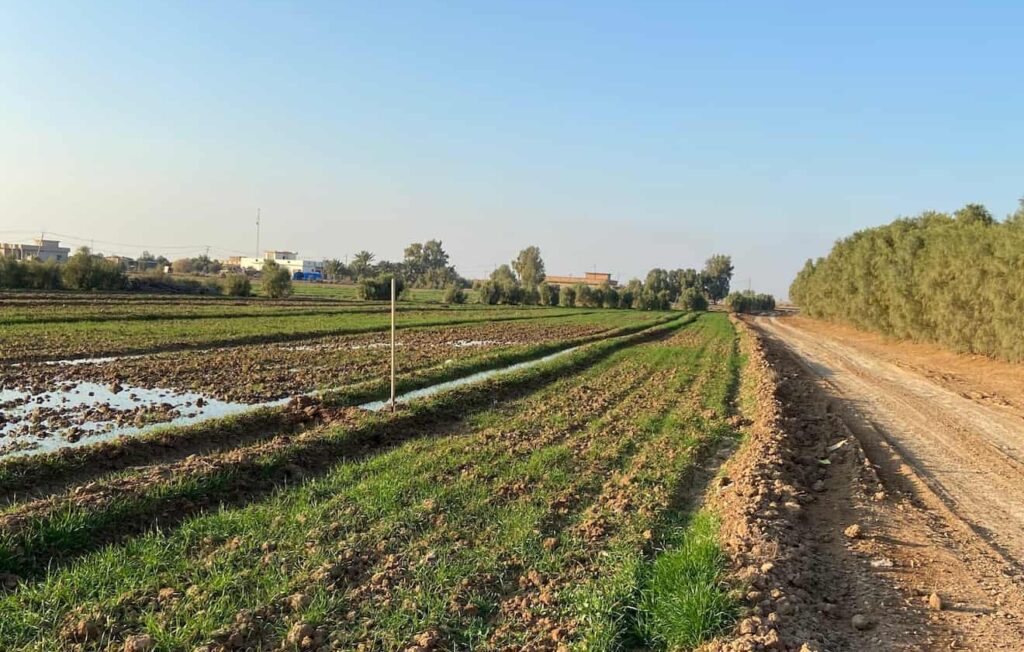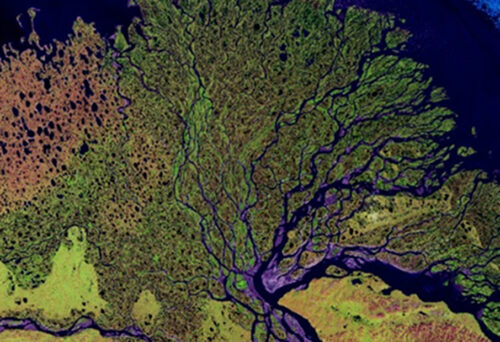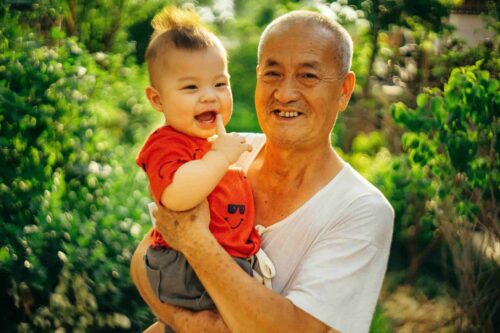Essay

Essay
Iraq’s Environmental Awakening
Iraq’s growing Planetary Health crises highlight how environmental degradation affects public health and social systems, calling for transdisciplinary collaboration.
From Climate Vulnerability to Collective Action
A decade ago, climate change was rarely discussed in Iraq. Despite Iraq being classified as the fifth most vulnerable country to climate change by the United Nations (UN)¹, awareness and action remained minimal. Over the past 40 years, water flows from the Euphrates and Tigris rivers—responsible for supplying up to 98% of Iraq’s surface water—have dropped by 30-40%. This decline is not only drying up Iraq’s historic southern marshes but also allowing seawater to push inland, threatening agriculture with rising salinity levels².
The Global Challenge of Planetary Health
Planetary Health recognizes that human health, animal health, and environmental health are all interconnected. Climate change is not just an environmental issue; it’s a health crisis that requires a holistic approach. While Iraq’s climate struggles are concerning, they are part of a broader global issue where political, social, and environmental challenges intersect. This intersection requires collaboration across fields like environmental science, public health, political science, and community engagement. Political instability in Iraq, combined with environmental degradation, highlights the importance of addressing Planetary Health in a transdisciplinary way.
Recently, Iraq has seen a turning point. Climate awareness and action have surged, driven by media coverage, the efforts of the World Bank, and international organizations like WHO, UN, UNICEF, and ICRC. Local NGOs have joined the movement by publishing reports, curating campaigns, and hosting conferences. However, despite these efforts, the climate crisis still feels overdue. The impacts are no longer subtle; they directly affect people’s lives and are interconnected with the social and economic systems at play.
The Winter That Broke the Norm
This winter was anything but ordinary.

The season began with unusually heavy rainfall, followed by an extended period of dry, cold weather—an uncommon pattern for this region, and it was unexpectedly interrupted by sandstorms—an anomaly during winter. Typically, sandstorms are a hallmark of summer, occurring sporadically in July or August, not during the colder months.
These recurring storms have worsened the health conditions of vulnerable populations, especially individuals with chronic cardiovascular and respiratory diseases, such as asthma and allergic asthma in children. These effects are compounded by rising temperatures and erratic weather patterns, a clear example of how climate change exacerbates health vulnerabilities—especially for marginalized groups. This reflects the equity principle of Planetary Health, where the poor and vulnerable are often the hardest hit, with limited capacity to adapt to the risks created by environmental degradation.
Health System Strain and Vulnerable Communities
In rural and remote areas, where access to hospitals and emergency services is limited, the risks are even greater. Patients in these regions often lack adequate healthcare resources, worsening their vulnerability during extreme weather events. The increased frequency of emergency admissions during extreme heat waves and sandstorms is a public health crisis that calls for collaborative action across sectors, from healthcare systems to policy makers to local communities.
As temperatures continue to rise, Iraq has experienced some of the hottest recorded temperatures in the world, with cities like Basra and Baghdad reaching extreme heat levels that pose serious health risks.²,³ This extreme heat contributes to heat-related illnesses, particularly heat stroke, which remains one of the leading causes of emergency admissions during the summer months. Outdoor workers and elderly individuals, especially those in marginalized groups, are disproportionately affected. This reflects the sustainability and equity principles of Planetary Health, highlighting how environmental stressors can exacerbate health inequalities.
The Unpredictable Future
Extreme weather events in Iraq are treated as emergencies, often prompting local and central governments to declare mandatory closures for all institutions, except for essential services such as healthcare and security. Schools and universities are particularly affected, resulting in significant delays and unforeseen disruptions to the educational process. The unpredictability of climate patterns disrupts not only public health and the environment but also social and economic systems, underscoring the interconnections between human, environmental, and societal health.

The steady decline in rainfall over the past decade is one of the most tangible signs of climate change. Droughts, soil salinity, and water scarcity are some of the gravest threats facing Iraq. Though awareness is growing, the country’s political instability and unrest have often overshadowed climate action and mitigation efforts. For over two decades, addressing environmental concerns has taken a backseat. However, as the impacts of climate change become more severe and undeniable, it’s clear that climate action cannot wait.
A Call to Action for the Future
The urgency of the climate crisis demands a transdisciplinary approach, bringing together policymakers, scientists, communities, and global organizations to collaborate on solutions. This interconnected approach will ensure a more resilient and sustainable future. By working together and integrating knowledge across multiple sectors, we can safeguard Iraq’s environmental future and, by extension, the health and well-being of its people.
It’s time for communities, policymakers, and individuals to work together to protect Planetary Health, ensuring a sustainable future for Iraq and the world.
More Information
References
- Wehrey, Frederic. “Climate Change and Vulnerability in the Middle East.” Carnegie Endowment for International Peace, July 6, 2023.
- United Nations. “Climate change is the biggest threat Iraq has ever faced, but there is hope for change” UN News, November 7, 2022.
- World Bank. “In Iraq, Mitigating Fragility Means Addressing Climate Change.” World Bank Blogs, April 18, 2023.
About the Author
 Abdullah Y. Shihab is a third-year PhD candidate in Community Health Nursing at the University of Baghdad, where his research focuses on the health impacts of climate change on rural communities. With a strong passion for Planetary Health, sustainable healthcare practices, and community resilience, he seeks to bridge the gap between nursing and climate action. Beyond academia, Abdullah is an accomplished storyteller with four published books by the Iraqi Union of Writers. He finds inspiration in nature and enjoys reading, writing, and playing paddle during his free time.
Abdullah Y. Shihab is a third-year PhD candidate in Community Health Nursing at the University of Baghdad, where his research focuses on the health impacts of climate change on rural communities. With a strong passion for Planetary Health, sustainable healthcare practices, and community resilience, he seeks to bridge the gap between nursing and climate action. Beyond academia, Abdullah is an accomplished storyteller with four published books by the Iraqi Union of Writers. He finds inspiration in nature and enjoys reading, writing, and playing paddle during his free time.
AI Use Declaration: This essay has been proofread and refined using AI to improve grammar and fluency. The original draft is available upon request for integrity checks if needed.





